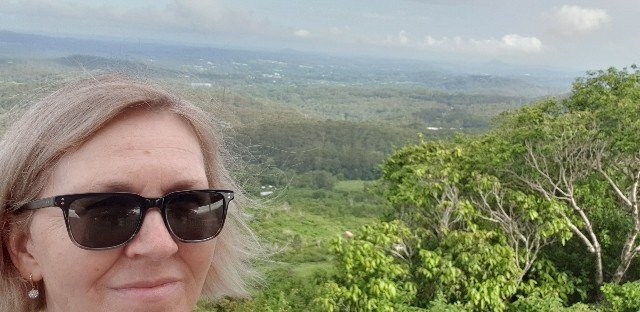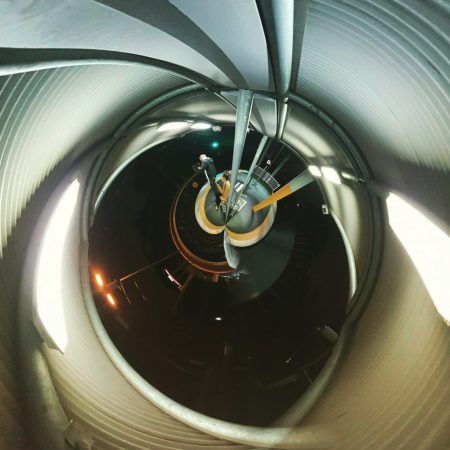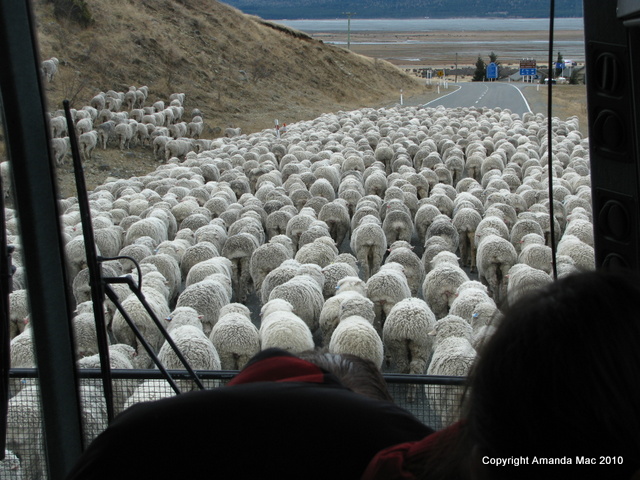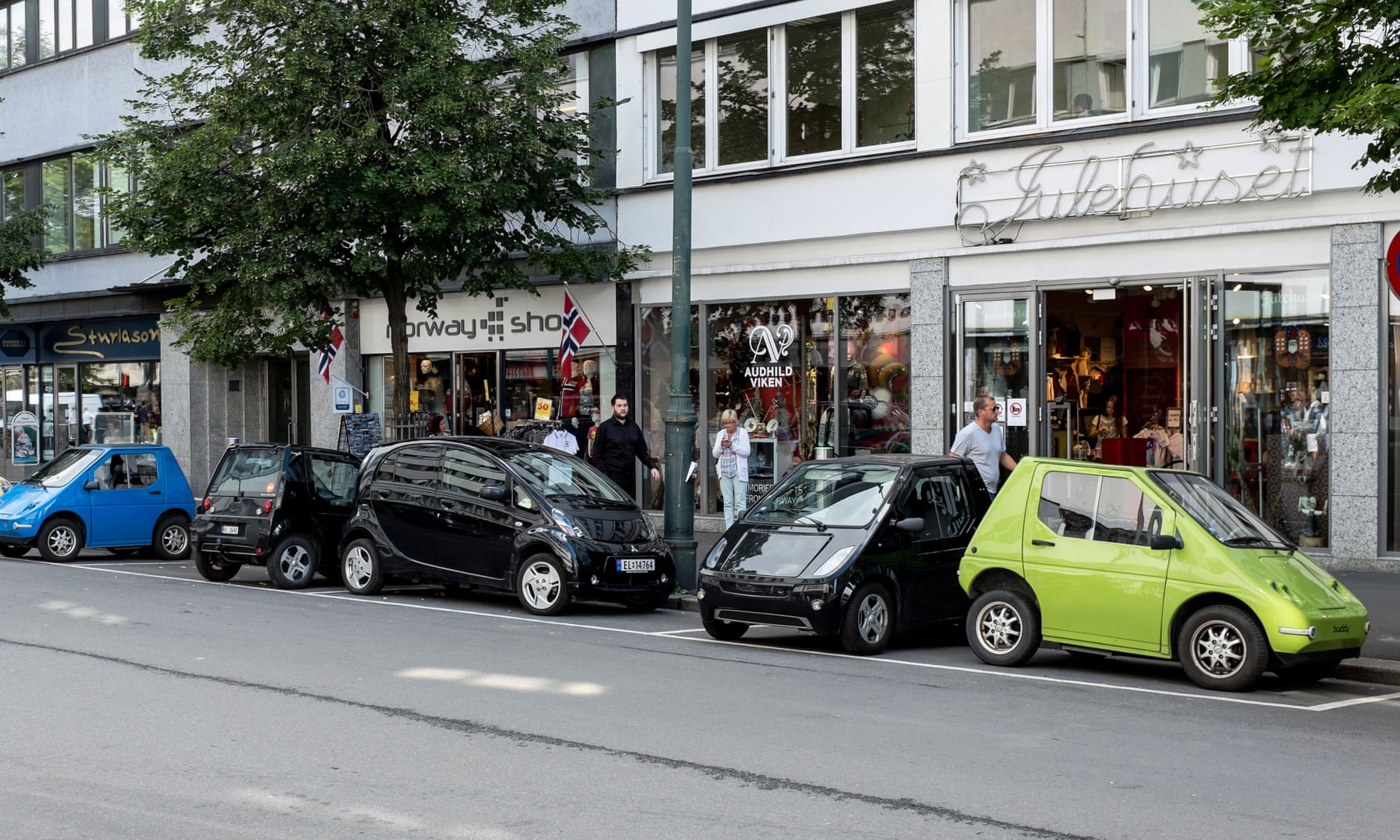Anyone reading independent news reports would be well aware of the existential threat posed by the climate crisis. Predictions state the planet has only ten years within which we can enact significant change if we want to avoid devastating environmental consequences.

When does climate change become climate crisis?
The answer is, “decades ago.”
The Climate Covenant, Martin C. Frederiks IV
With wild disinformation on the climate crisis raging and short-term strategic planning so prevalent in business circles, it’s encouraging to read an independent perspective from an accomplished writer whose fundamental message is – if we actually start doing the right things now, we can make a difference so our children can enjoy a sustainable lifestyle on this planet.
IV Words Blogger Martin Fredericks, in his new book, The Climate Covenant, seeks not only to inspire real, unbiased discussions on climate change, but also seeks to motivate readers to become truly active in making non-violent demands for climate change. That is, by amplifying the message with elected officials and throughout the wider community, because the matter is urgent.
The Cost of Economic Development and Redefining Growth
Every time we build – every time we “grow” – there are cost to humanity. And the bill is coming due.
Martin C. Frederiks Iv, the climate covenant
Even before the great depression and monetarist economic theory, economic growth was seen as progressive and highly desirable. Nature, it was believed, was infinitely bountiful and was there for the use of mankind.

Martin Frederik reinforces that there will be a tipping point after which nature cannot recover from man’s activities and, therefore, economic growth and activities need to be reframed and perhaps, redefined.
Instead of analysing progress and growth in terms of G.D.P, new constructions, or interest rates, it is suggested society might rather measure, “growth,” in terms of improvements in water quality, or increases in re-forestation levels.
How different would an economically prosperous country be, in a nature-based growth scenario?
Is this possible under the current economic models? With new practices, attitudes and initiatives aimed at coping with changing conditions, Martin Frederiks believes it is.
Climate Change Obstacles and Initiatives
The Climate Covenant also comprehensively examines the latest debates on the contributions of clean coal, methane emissions, gas flares and other fossil fuel emissions, to global warming; the petroleum industry’s attitudes, policies and requests for pandemic bail-outs; the disinformation about greenwashing campaigns; Greta Thunberg’s climate activism and the environmental problems with ‘build back better,’ all with real-life examples.
Wind and Renewable Energy Solutions
The author explains how clean energy, from wind, can be part of a climate solution. A proven example: Schleswig-Holstein in Northern Germany derives a massive 40% of their energy from wind turbines, whilst Martin’s home state of North Dakota has 1.8%.
Dakota’s energy infrastructure can’t currently cope with moving wind-generated electricity, and the solving of this problem is complex. Building electrical infrastructure requires massive investment, business needs clarification from the Government on the tax implications for and of new technology, plus there’s widespread community opposition to the aesthetics of wind turbines and all that must be sorted.
But again, it is possible. The old energies are not without big problems, either. Contrast the Northern German successful transition with Texas:-
10-13% of power distribution failures in Texas were due to issues with solar or wind facilities, (the frozen wind turbine fallacy), while the other 87-90% was due to equipment malfunctions at coal and natural gas facilities and distribution networks.
Ref: The Climate Covenant

Disinformation on Climate Change and Weather Anomalies?
A salient point the author makes in the book, The Climate Covenant, is that reporters so often make decisions about how they pitch stories using value-based judgements rather than science, especially when it relates to an aberrant weather event that may, or may not be related, to the climate crisis.
Science has already debunked the populist opinions that if there’s no really hot weather, global warming can’t be real. Although all kinds of weather will be experienced with climate change, it is known wild weather and extreme weather events will be experienced more frequently as the atmosphere warms.
Personally, I have lost count of the number of times I have heard or read, “This is a once in a lifetime extreme weather event,” from a news report, in the last five years.
Therefore, The Climate Covenant’s intention is to motivate readers into NON-VIOLENT actions that reduce and eliminate negative environmental and planetary impacts.
What We Can Do to Combat the Climate Crisis
According to the author, there is no time to wait. He believes we must:
- Think and act in situations so that how and what we do is about saving the planet and is ALWAYS part of the calculations
- Support locally grown and sustainable food producers
- Contact our political representative and insist they pass and enact legislation that addresses climate change
- Vote for the ones that have this goal
- Work on and contribute to campaigns for candidates who put the climate crisis at the top of their agenda
Plus, Martin gives us 25 more simple and effective ways we can all fight the climate crisis.
Be the change we want to see in the world
Further to his mission to increase knowledge and motivate action, Martin Frederiks has founded the Knights of the Climate Covenant, a nonprofit organisation with a global mission to increase the number of people who take nonviolent personal, community and political actions to address global warming and resulting climate change. (see below)
The more people who are informed, the closer Martin believes we are to reaching the critical 3.5% of climatic activists necessary to initiate and demand real sustainable and lasting positive change, not only for our planet but for our shared future.
I am very happy to recommend this book.
Information and knowledge is power.














